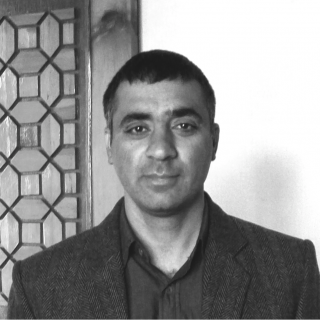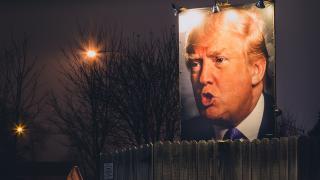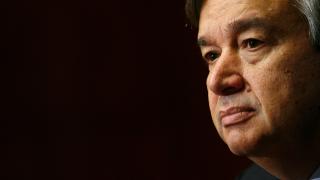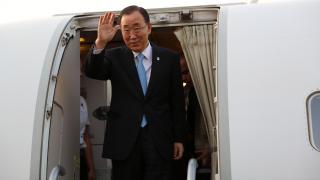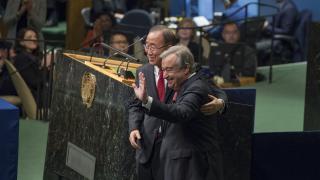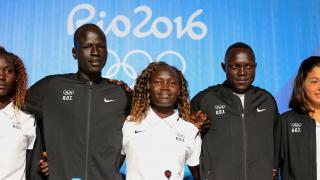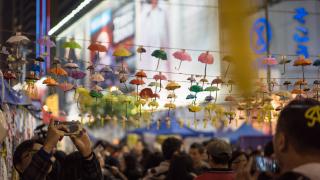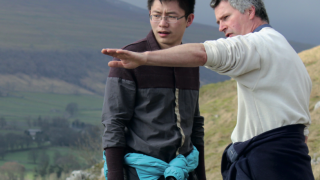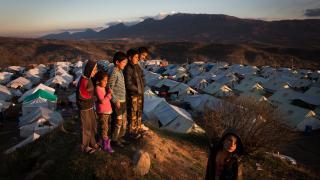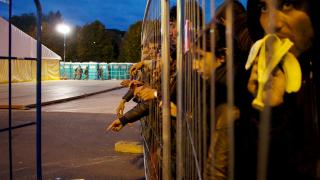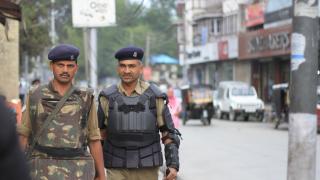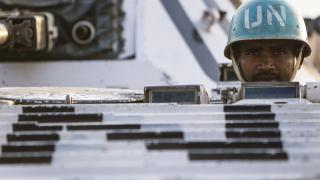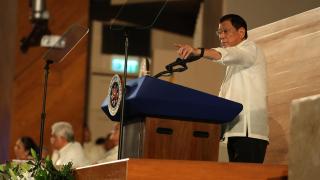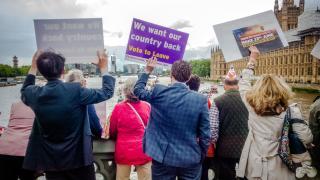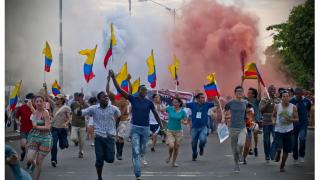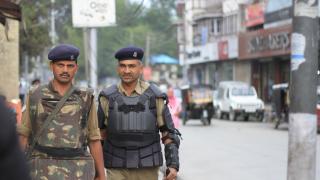
My 82-year-old aunt, who has witnessed many a political upheaval in Kashmir, quotes a Kashmiri proverb often these days:
While waiting for the truth to reveal itself, the world will be reduced to ashes.
The proverb rhymes well in Kashmiri---Yotaam Poz Pazi, Totaam Aalum Dazi.
Each time she sees horrific newspaper images of children blinded and maimed by Indian forces, she asks whether these images will move the world, finally. Having been disappointed quite often in her life, she dismisses her own optimism, saying, Yotam Poz Pazi, Totaam Aalam Dazi.
I think the world implied by this proverb is that of an individual, a community, an aspiring nation that is called upon at every step to justify their beliefs, whether personal, political or others. However, the more forcefully they voice their truth the more ferociously the untruth unleashes itself.
This July, the killing of a popular militant commander, 21-year-old Burhan Wani, triggered the fiercest anti-Indian uprising in some time. There were uprisings in 2008 and 2010 too. The armed insurgency itself began in 1990. Before that, peaceful mass movements pressing for the implementation of United Nations resolutions regarding the right to self-determination had been either crushed with force, or co-opted.
As in the past, the Kashmiri resistance was put down with ruthless force this summer. So far, the government forces have killed 95 people, injured more than 15000, arrested 5000-6000, damaged electricity transformers, ransacked homes and imposed curfews in most areas of the small valley for major part of the past four months. For the first time in the past 30 years, a newspaper, my newspaper (I was the editor), was banned.
A shutdown, now petering out, called by Kashmiri resistance leaders entered a fifth month. The situation is alarming enough to warrant world’s serious attention and intervention. But "while waiting for the truth to reveal itself…"
The struggle for truth is quite literally reducing our schools to ash. As many as 26 schools have been burned down by unknown persons following the local government’s decision to press ahead with annual examinations for school leavers. Holding examinations in a war-like situation was seen as a desperate effort to impose fake normalcy - using children as counter-insurgency measure.
The governments in Delhi and Kashmir went to ludicrous levels to undermine the uprising. First, the government of India and the majority of the Indian media outlets, blamed Pakistan for sponsoring the uprising that, according to Kashmiri police, witnessed the participation of at least 40,000 protesters a day during its initial intense phase. Massive peaceful rallies in rural areas (despite a police crackdown) never made it to TV screens in India, nor did the funeral processions of slain children.
What made it to Indian masses through the media were shameless concoctions. One Indian TV channel ran a story claiming that Pakistan and militants were paying Kashmiri youth Rs 500 (6 pounds) for snatching a rifle from an Indian soldier and Rs 1000 for snatching a grenade. Another media report stressed the point that the force with which a stone is thrown at a soldier—wearing a bulletproof vest, leg guard and steel helmet—can be lethal. The report was trying to justify the lethal shooting of stone-throwing protesters.
Thus, the Indian populace, bombarded with lies, are not expected to sympathise with a civilian security guard who was returning home from work only to be fired at with the full load, all 512 deadly pellets, of a shotgun cartridge. He was left to die on the stairs of a shop. Kashmir probably witnessed the world’s first mass blinding, as explained by novelist Mirza Waheed in the Guardian recently. Shotgun pellets used to kill animals were fired at protesters, partially or fully blinding a large number of youth, including a 5-year-old boy.
Yet the truth of this horror may have to wait for many worlds to be turned to ash before it wakes the international community. For Kashmiris, seething in a landlocked valley, the international community is as remote a god they have failed to propitiate.
Photo: Kashmir security patrol. Credit: La Priz/CC

